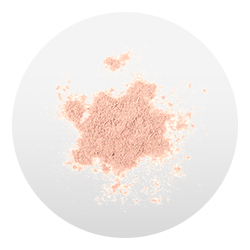
FOLATE
It is a water-soluble vitamin that is naturally found in a variety of foods (leafy green vegetables, citrus fruits, legumes). It helps in the production of red blood cells and DNA synthesis. Its role in preventing congenital diseases and birth defects is well-known, but it has been shown to play a significant role from the formation of the ovum in women.
We use folate, the natural form of Vitamin B9, instead of folic acid (a synthetic source) because it is the optimal form for the body to absorb and does not present the same potential risks of accumulation.
According to the Spanish Society of Gynecology, the recommended daily intake of folic acid for women is 200 micrograms per day, between 400 and 800 micrograms per day if they are planning to become pregnant or are already pregnant, and 300 micrograms per day if they are breastfeeding.

